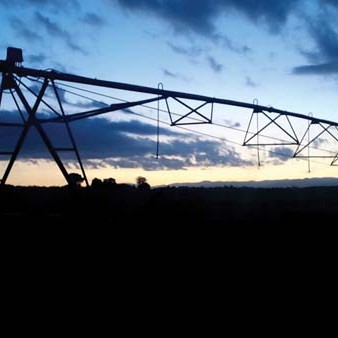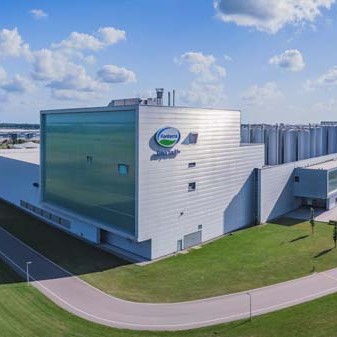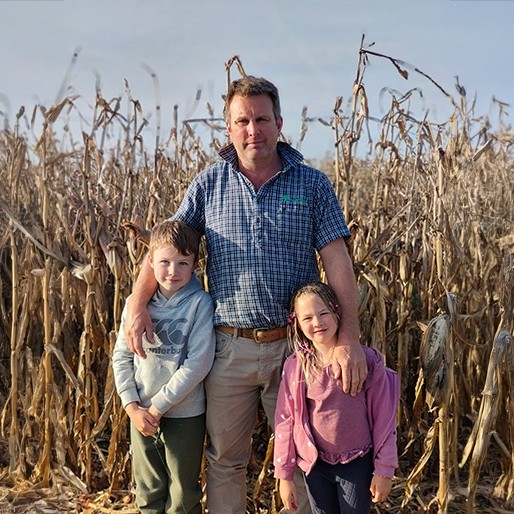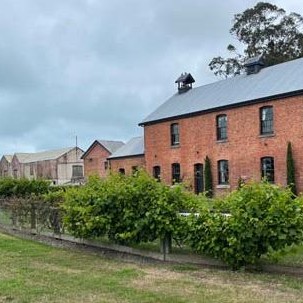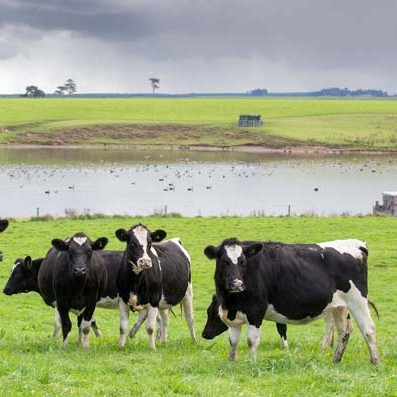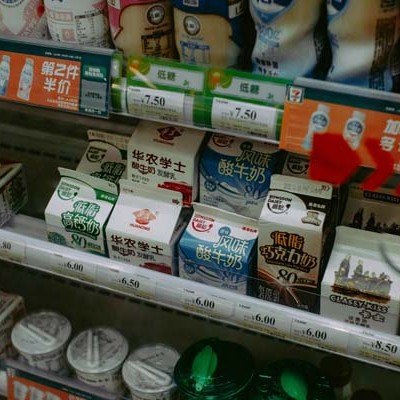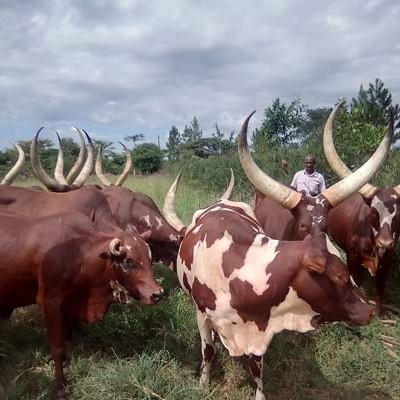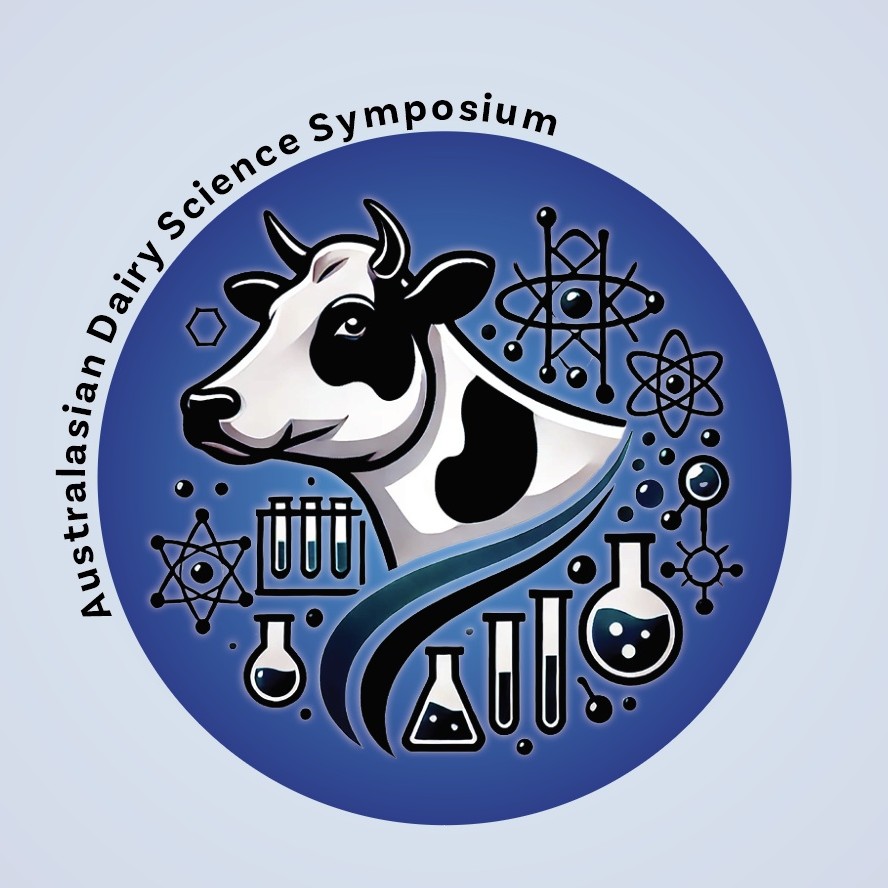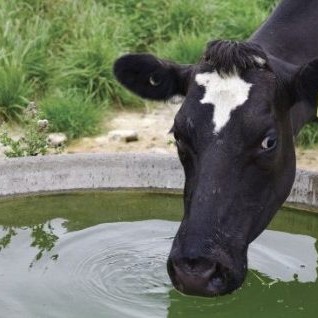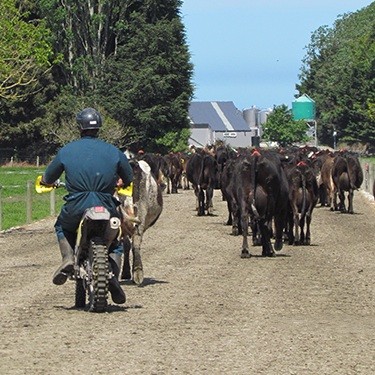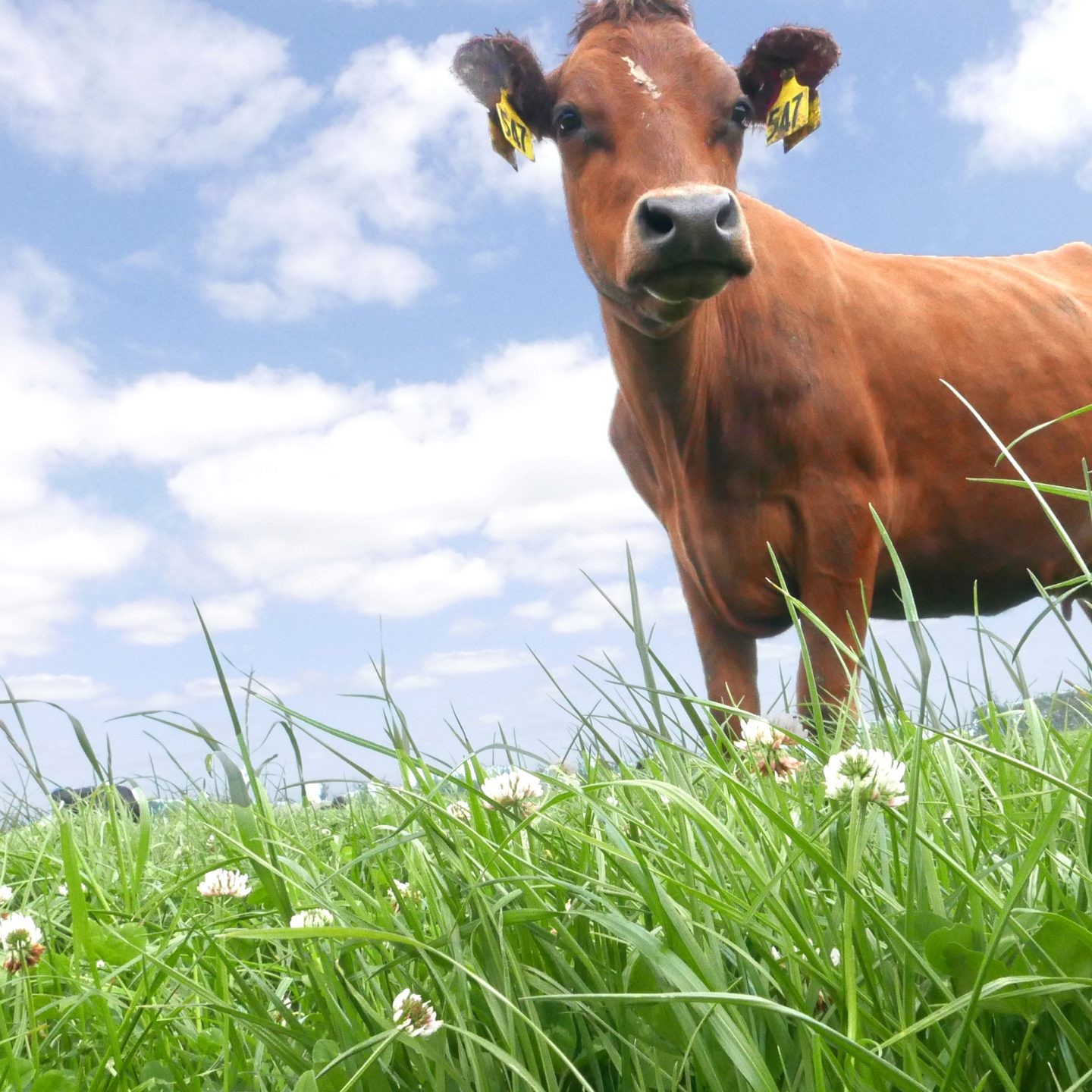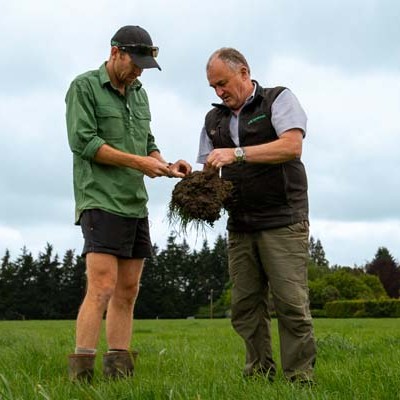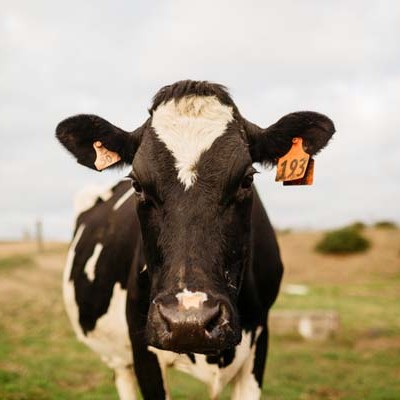All articles
Don’t throw the experienced baby out with the bathwater
Recently Frances Coles has noticed a concerning trend with a number of businesses closely related to farming making redundancies and losing experienced people from their teams.
Chasing water efficiency
An investment in new irrigation infrastructure will hopefully save Hamish Hammond thousands of dollars.
Europe milk opportunities
Europe is massive in milk. Producing about 150 million metric tonnes of product a year, it’s a huge consumer of its own goods and also the world’s biggest exporter. Fonterra’s European headquarters in the Netherlands manages the co-op’s European sales and customer relationships. Words Tim Fulton.
South Island maize grain market expands
Canterbury growers are developing a market for maize grain in the South Island. Words Heather Chalmers.
Historic farm looks to the future
At Longbeach Estate in coastal Mid Canterbury, reminders of its proud pioneering farming history sit alongside the latest in agricultural practices and technology. Words Heather Chalmers.
Market outlook: who let the dairy bulls out?
As we head into the latter part of the 2024–25 New Zealand dairy season, it’s safe to say things are in a notably improved position compared with where they were this time last year. Words Rosalind Crickett.
Gene Technologies – Time to Debate
Kellogg Report – The Future of Genetic Technologies in New Zealand Agriculture: Balancing Innovation and Risk. Words Lisa Lunn.
A glance at China’s dairy market
If we glance at China’s dairy market in recent years and understand the situation of the largest dairy importer on the earth at the beginning of 2025, we can get some idea of what happened in China and how that will affect the global market in the new year. Words Carey Yu.
Pasture-based corporate dairy farming – a path forward for Zimbabwe?
Sub-Saharan Africa (SSA) stands on the brink of profound demographic transformation. With its population projected to double by 2050 to 2.5 billion people – and potentially reaching 4 to 5 billion by 2100 – the region faces immense challenges and opportunities. Words Rob Shaw.
Measuring milk urea
Farmers may soon have a bulk milk urea (BMU) indicator tool to help them make tactical on-farm decisions to optimise their nitrogen use efficiency and reduce the risk of nitrogen leaching. Words Anne Lee.
Facial Eczema decisions
Facial eczema is a disease of the liver, not the skin. It causes milk production loss and welfare challenges, most of the time without farmers even realising. It’s time to break the cycle and do it better. Words Emma Cuttance.
Sun damage – prevention and repair
Those long days sitting behind cows in the race, fixing fences, picking up hay are all examples of continuous sun exposure for farmers, leading to a lot of sun damage to our skin. Words Dr Alice Armstrong.
Getting pasture renewal right
Autumn is the time to look forward and begin planning for next season. One of the most important targets is pasture eaten and what you do now, in terms of pasture renewal, is key to making sure you have the feed available. Anne Lee finds out how you make a great pasture renewal plan.
Controlling the controllables
Growing grass in South Canterbury can be a challenge with pasture performance relying heavily on the availability of water from irrigation schemes and what Mother Nature dishes out. One farm has been on a mission to tackle the issue of pasture performance by controlling the controllables.
Traceability starts at home
With the dairy and beef market both looking positive for 2025, beef finishers will be looking for quality dairy beef genetics to buy. The proof behind those genetics starts with an ear tag. Words Sheryl Haitana.
Episode 54 – Breeding for the Future: Mating Plans, How to select the best bull team for your herd.
In this episode, we discuss pregnancy scanning results across the country, with some farmers reporting low not-in-calf rates. We also explore the importance of planning for next season’s mating, selecting the right bull team, and how advancements in breeding technology, including sexed semen, are helping farmers improve herd efficiency and productivity.



